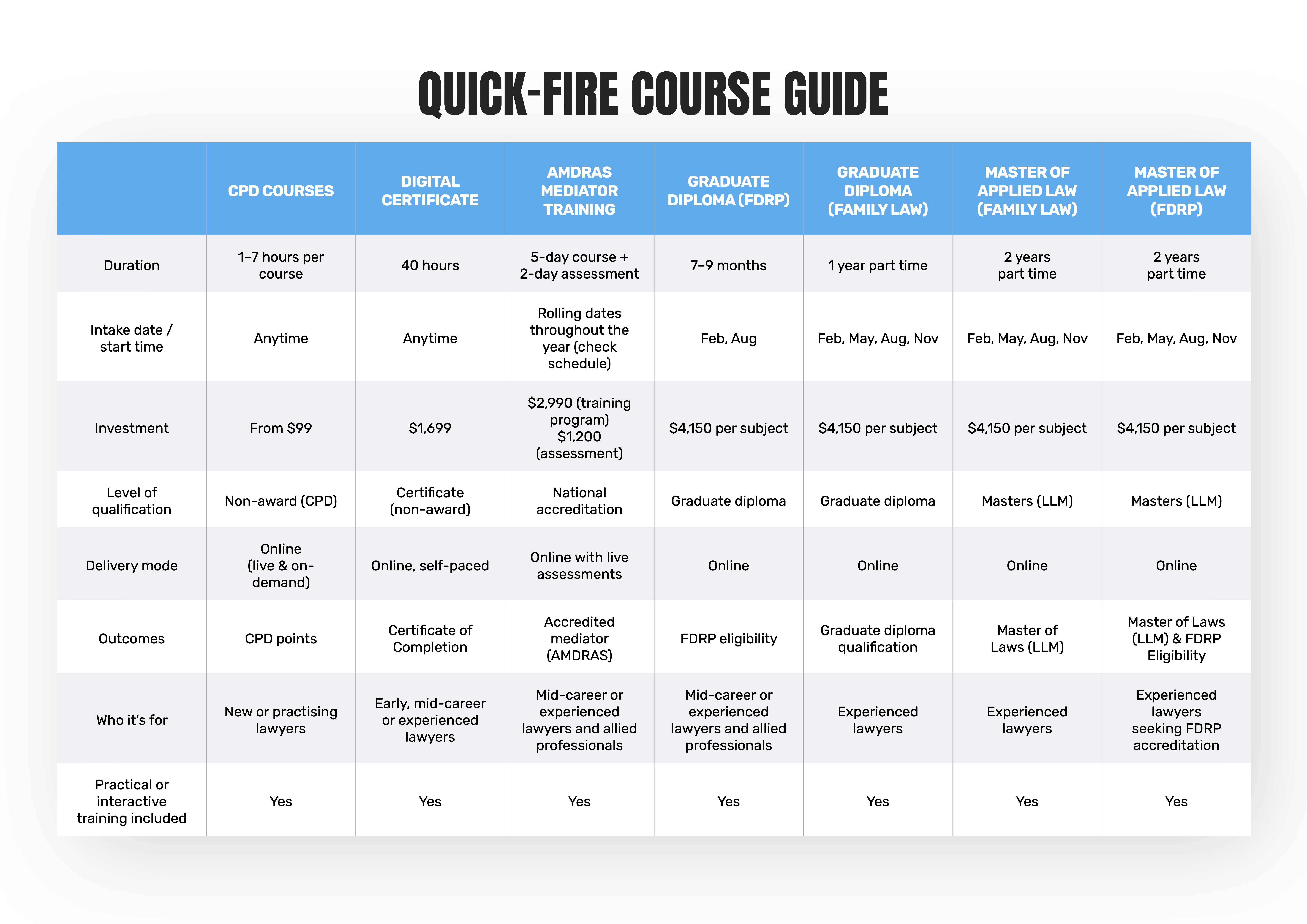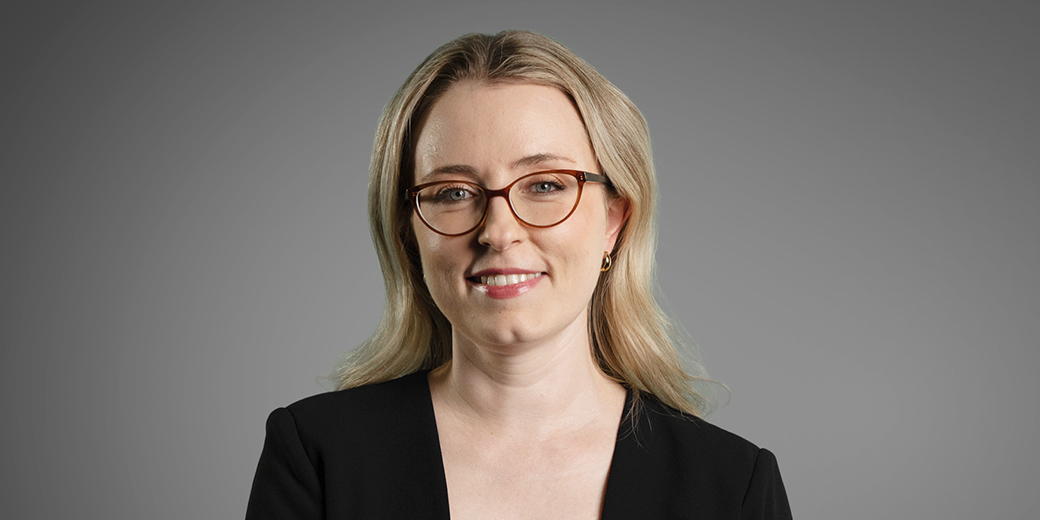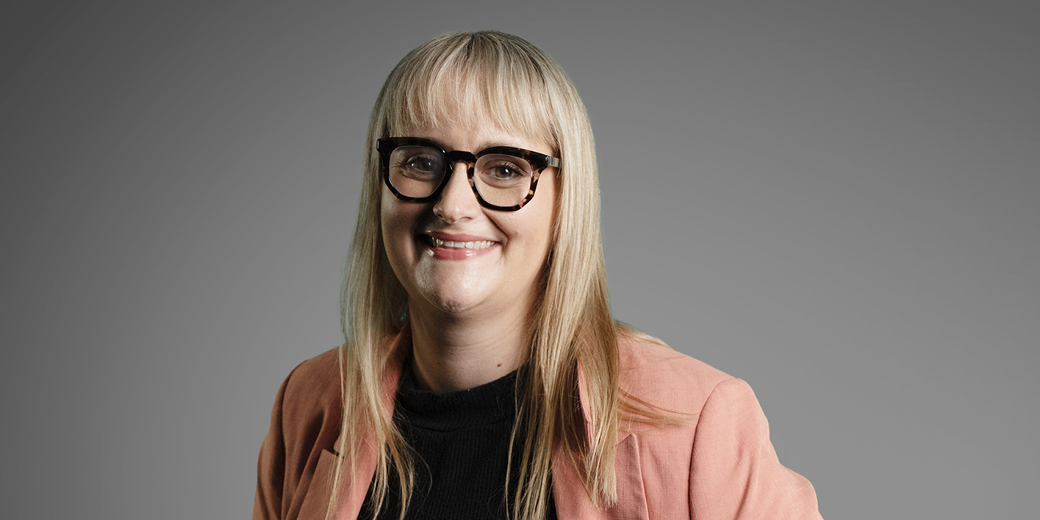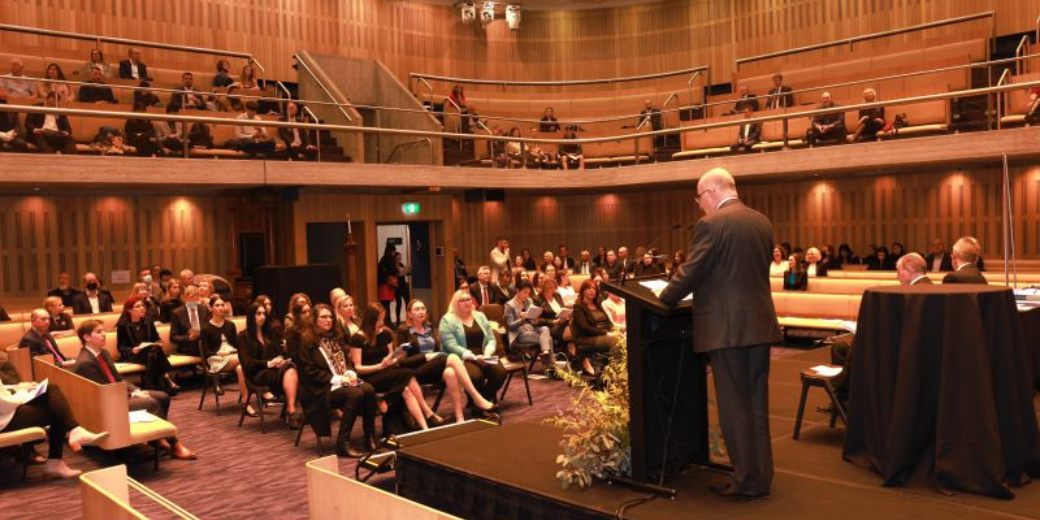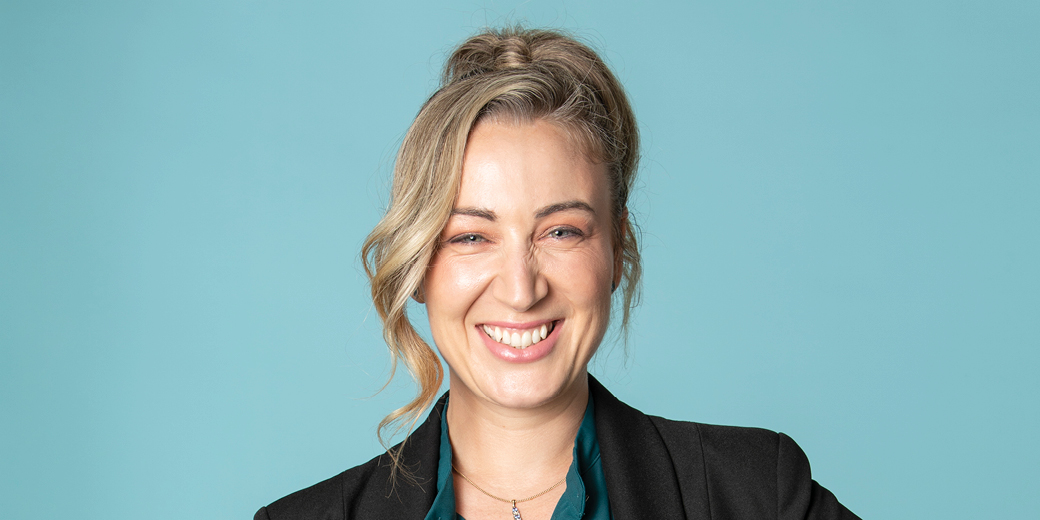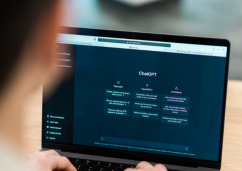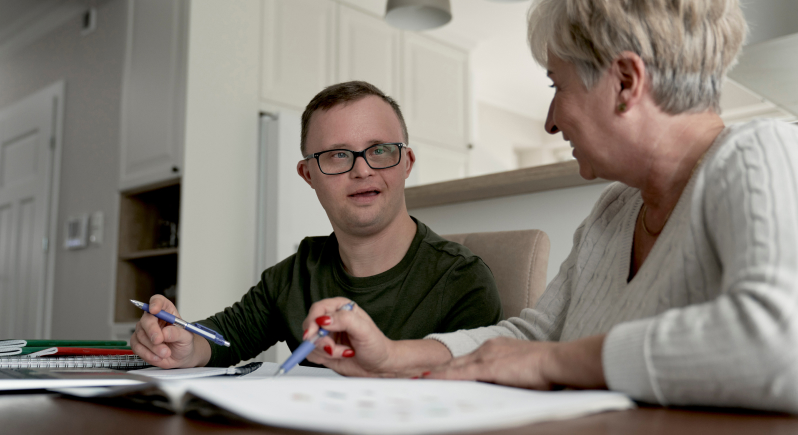Family law is one of Australia’s most in-demand practice areas.
With over 45,000 matters filed annually, the need for skilled, practice-ready professionals has never been more pressing.
Yet for many lawyers, the path forward is unclear.
Should you start with CPD – or jump straight into a postgrad? What’s required to become a mediator or family dispute resolution practitioner (FDRP)? And which options best match your goals, experience and schedule?
If you’re looking for clarity, you’ll find it here.
Whether you’re just starting your legal career, pivoting into family law from another area or looking to specialise further, the College of Law offers a clear, structured pathway to support your goals.
Read on to find out how.
Find your starting point
Before diving into the different study options, it helps to understand where you currently sit on the family law career pathway. Below are the three typical stages in a lawyer’s development:
- Awareness: You’re in your first one to three years of practice and exploring an interest in family law.
- Skilling up: You’re a mid-career practitioner ready to deepen your capability or pivot into the field.
- Advanced development: You’re an experienced lawyer committed to a career in family law.
Where are you right now?
Once you know which stage you’re at, it’s much easier to pinpoint the learning option that fits. Each section below includes a BEST FOR label so you can quickly see which pathway aligns with your career stage.
Continuing professional development (CPD)
BEST FOR: Awareness and Skilling up
If you’re just starting to explore family law, CPD is the most accessible place to begin.
The College of Law offers a range of live and on-demand family law CPD courses, all tailored to the practical demands of family law practice.
Ideal for early-career lawyers or practitioners looking to refresh their knowledge, courses may run from an hour to a few hours, depending on the topic and format. Options include:
- Single-topic courses, such as: Oral and written advocacy, Seeking interim/urgent orders, Divorce and parenting order applications, Ethics and procedure and Starting your family law practice
- Family law CPD bundle: The essential guide to family law practice
- Live webinars, such as: The indispensable guide to family law – practice and procedure and The family law judges’ series
Why CPD is a smart starting point:
- Bite-sized: Short, practical CPD courses are easy to fit around a busy schedule.
- Flexible: Online, self-paced or live – you can learn when and where it suits you.
- Affordable: CPD offers a low-cost entry point to start or refresh your family law knowledge.
- Earn CPD points: Build knowledge while ticking off your annual CPD requirements.
Low on both dollars and time – but want to boost your skills now? The Essential Guide to Family Law bundle is your best bet. And, as a bonus, it also acts as a foundation for the digital certificate if you then want to showcase your authority.
Digital Certificate in Family Law Advocacy
BEST FOR: Skilling up
If you’re ready to go beyond CPD, the Digital Certificate in Family Law Advocacy offers a structured, skills-based qualification.
This 40-hour program is designed for practitioners who want deeper capability – without the commitment or cost of a full postgraduate qualification. What you’ll cover:
- Written and oral submissions
- Procedural strategy
- Evidence and application drafting
- Ethics and courtroom etiquette
Why the Digital Certificate is a great next step:
- Online and on-demand: Start any time and learn at your own pace, with no live sessions.
- Skills-based: Focuses on practical advocacy techniques you can use immediately in practice.
- Developed by experts: Designed and delivered by experienced family law practitioners.
- Verified credential: Earn a Certificate of Completion when you successfully submit your assignment.
The Digital Certificate is ideal if you’re looking to gain recognition for your family law capabilities in a flexible format.
National mediation accreditation (AMDRAS)
BEST FOR: Skilling up and Advanced development
While not required to practice family law, a mediation qualification can add a powerful dimension to your practice.
An accredited mediator is a trained facilitator who guides parties through structured negotiation to resolve disputes without going to court. They can work in legal and non-legal contexts, mediating disputes between families, in the workplace and in commercial and community settings.
The College of Law offers nationally recognised mediator training that’s fully compliant with AMDRAS (Australian Mediator Dispute Resolution Accreditation Standards).
Delivered through role plays, simulations and assessments, the five-day training program covers:
- Core mediation techniques for facilitating constructive conversations
- Conflict resolution strategies for a wide range of disputes
- Ethical obligations, impartiality and professional standards for mediators
After the training program, you’ll need to complete a two-day assessment. At the College of Law, we include a dedicated review day to refresh key theory, giving you time to consolidate core concepts and refine your approach.
Once you’ve become an accredited mediator and gained four years’ experience, you can continue developing your skills through the AMDRAS framework – progressing to Advanced Mediator accreditation to further showcase your expertise.
A postgraduate program
BEST FOR: Advanced development
If you’re serious about a long-term career in family law, a postgraduate program provides the depth, structure and recognition to take you further.
The College of Law offers three postgraduate pathways in the field:
- Graduate Diploma of Applied Law (Family Law)
- Master of Applied Law (Family Law)
- Master of Laws (Applied Law) majoring in Family Law
Let’s take a closer look at each one:
- Graduate Diploma of Applied Law (Family Law): A lower-commitment option with four family law subjects to complete part time over one year – a great entry point into advanced family law study.
- Master of Applied Law (Family Law): Eight dedicated family law subjects delivered part time over two years, offering in-depth expertise entirely within the family law field.
- Master of Laws (Applied Law) majoring in Family Law: Eight subjects with a minimum of three in family law, delivered part time over two years plus the Capstone Project in family law. Allows you to major in family law while choosing electives from other areas (or adding a second major). Ideal if you want more flexibility or the option to broaden into another practice area.
Each program combines academic rigour with real-world application. This means you will be ready to apply what you learn immediately, elevating your expertise and strengthening your credibility as an expert.
We have four intakes each year (Feb, May, Aug, Nov). Depending on your stream, subjects may include:
- Property, maintenance and child support
- Advanced parenting issues
- Family dispute resolution
- Development and management of a family law practice
Why postgraduate study is a strong investment:
- Maximum credibility: Gain an advanced, nationally respected credential to showcase your authority.
- Flexible online delivery: Study at your own pace, around your work and personal commitments.
- Meets accreditation requirements: Fulfil training criteria for specialist accreditations such as FDRP.
- Increases earning potential: LLM graduates earn up to $30,000 more per year on average (Australian Legal Salary Survey 2025).
If you’re committed to a long-term career in family law, a postgraduate qualification is the ultimate way to position yourself as a trusted expert in the field.
FDRP accreditation
BEST FOR: Skilling up and Advanced development
A Family Dispute Resolution Practitioner (FDRP) is a specialised mediator who works specifically with families navigating separation, parenting arrangements and property settlements.
Some family lawyers become accredited as an FDRP to broaden their practice and offer clients more holistic support. If this appeals to you, the Graduate Diploma of Family Dispute Resolution Practice offers a direct and accessible pathway.
Delivered online with practical assessments, the course covers:
- Family law frameworks and the legislative context for FDR
- Managing high-conflict and emotionally charged situations
- Child-focused practice, family dynamics and cultural competence
There are two intakes per year (Feb, Aug) and the course takes seven to nine months to complete.
If you want to take a more proactive role in resolving conflict and supporting better outcomes for families in crisis, FDRP accreditation could be a valuable new string to your bow.
Why choose the College of Law?
When building a career in family law, where you study matters.
The College of Law is the only provider offering a fully stackable learning pathway, with opportunities to grow from single CPD courses to postgraduate qualifications.
Whatever your career stage and goals, you’ll find training that fits.
Every course is designed by experts with one aim: to equip you with the practical skills you need to excel – in a format that’s flexible and easy to integrate into a busy practice.
Ready to level up in family law? Browse our family law CPD courses, explore the Digital Certificate or take the leap with a Master of Laws (Family Law).
